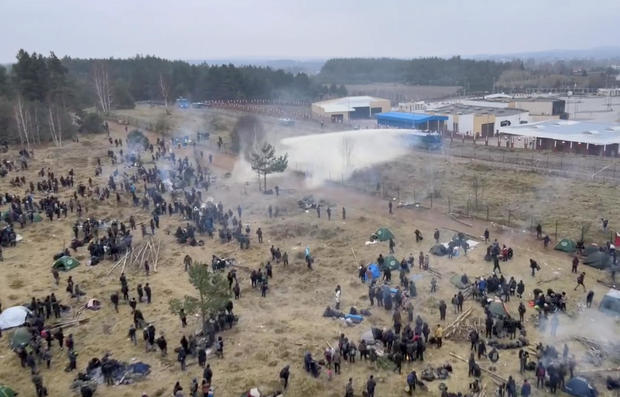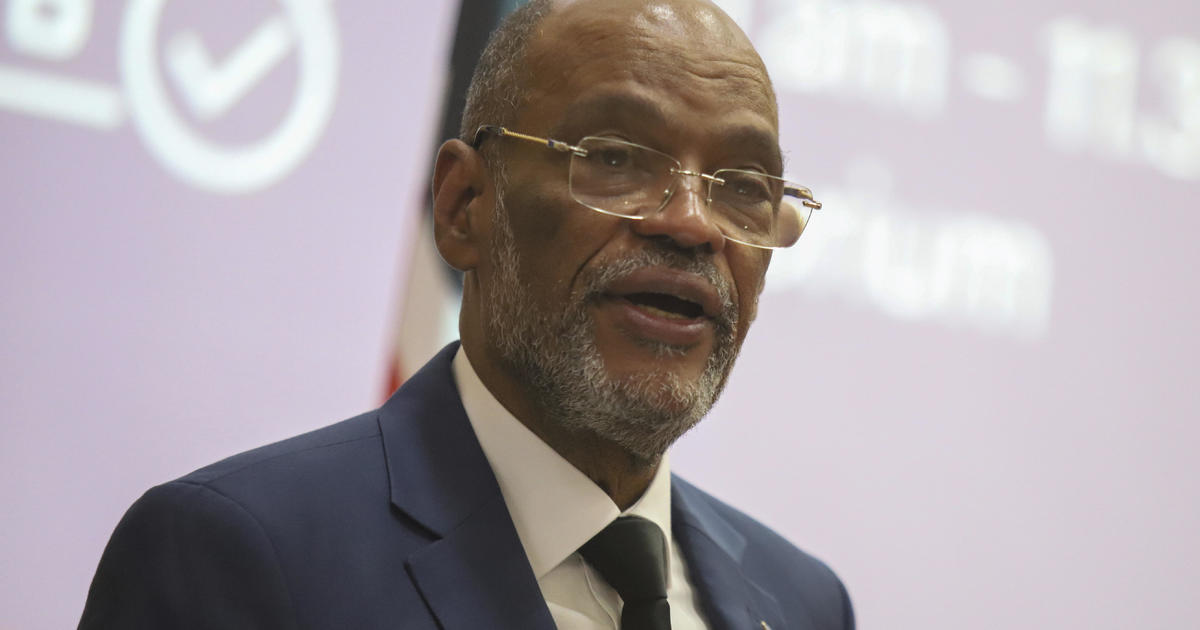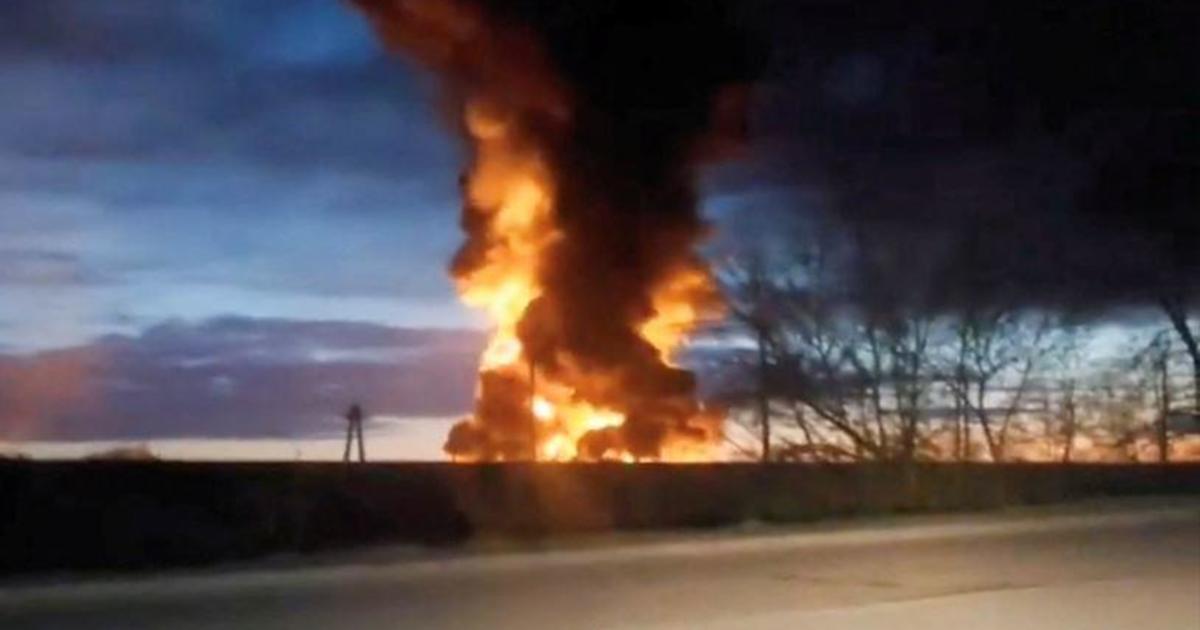Poland warns escalating border crisis with Belarus could last "months"
Poland, near the Belarus border — Poland's defense chief said Wednesday that migrants gathered in Belarus had been "attacking" his country's barbed wire-lined border again over night. Defense Minister Mariusz Blaszczak warned that the standoff between Poland and Belarus, in which thousands of migrants and refugees are caught in the middle, could last months.
CBS News senior foreign correspondent Charlie D'Agata reports that Polish forces — about 15,000 of whom have been deployed to secure the border — unleashed tear gas and water cannons on migrants who tried to breach the fence on Tuesday. It was some of the worst violence along the border in recent weeks.
Poland, the European Union and the U.S. accuse Belarus of orchestrating the migrant crisis, by luring thousands of desperate people from Syria, Iraq, Afghanistan and other nations marred by violence into his country, with the promise being a relatively easy crossing over its frontier onto the EU soil of Poland. But Poland has made it clear that migrants and refugees are not welcome.
Belarusian strongman President Alexander Lukashenko's motivation for the purported "hybrid warfare" tactic, according to the EU, has been to retaliate for sanctions levied against his regime by Europe over a crackdown on dissent following Belarusian elections that many believe were far from democratic.
Russia has denied involvement in the tense standoff, but Lukashenko said on Tuesday that he could ask his ally Vladimir Putin, "to get involved and, if necessary, provide appropriate assistance."
The escalating crisis along the Polish border may be of Belarus's making, but the apparent plan to use migrants as a human battering ram has turned both sides into a battlefield.
Polish police firing water cannons, volleys of tear gas and a hail of rubber bullets sent refugees running in retreat on Tuesday. Poland's harsh response has compounded the suffering of the most vulnerable among the thousands of people who've been camped out in woodland, living in medieval conditions in sub-freezing temperatures.
The Polish border guard service said on Wednesday morning that it had detected 161 illegal crossing attempts, including two new "forceful" attempts overnight.
For migrants who do manage to get across, a different nightmare awaits: Hiding out in the forests and dodging Polish police, who will haul them back to the border.
Anna Alboth, a Polish aid worker who has helped refugees all over the world, is now trying to help people caught up in the crisis unfolding on her own doorstep.
"There are probably around 1,500 people right now in the Polish forests," she told CBS News. "Those are people who need everything — who need food, who need water, who need medicine, who need clothes — they have nothing right now."
But the Polish government has forbidden aid agencies, and journalists, from entering an exclusion zone about two miles around the actual border. The area is teeming with as many as 20,000 security forces, all ready to turn back anybody who tries to get in, from either side.
Under international law, refugees who come from conflict zones should be allowed to apply for asylum. But aid workers, including Alboth, say the Polish authorities aren't allowing that process to happen. Both Polish and Belarusian authorities have been accused of illegal "push-backs," when migrants or refugees are forced back across a border without consideration for their safety.
The lack of access has left Alboth feeling powerless to help.
"We have to stop it. We have to force [the] Polish government to let international organizations, humanitarian organizations, to get into the zone to give people absolutely, at least, water and food," she told D'Agata. "We can't look away.




